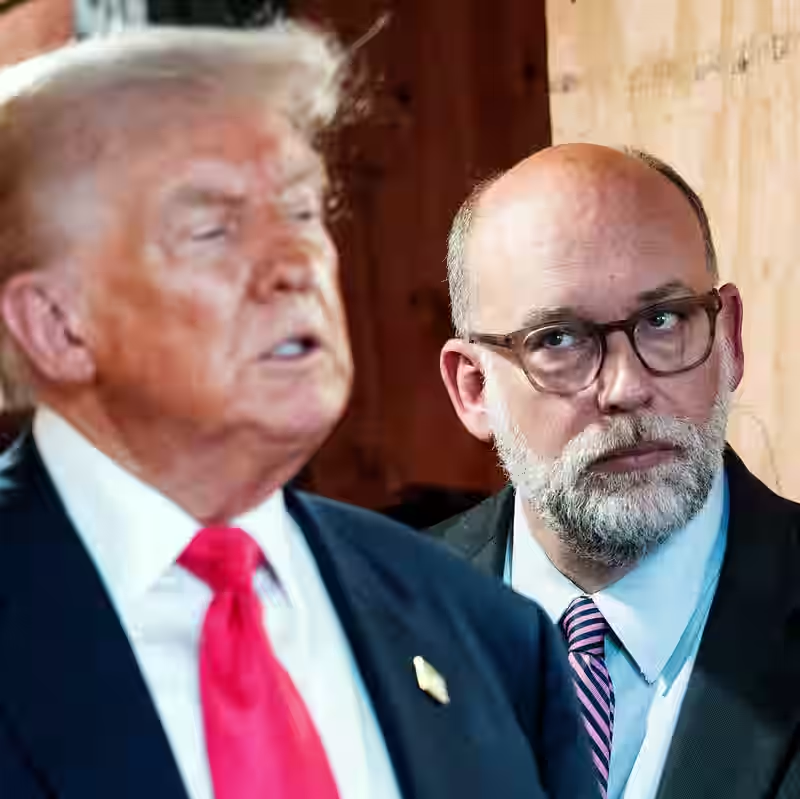Russell Vought’s Decades-Long Blueprint to Centralize Power in the White House
Russell T. Vought, President Donald J. Trump’s budget director and ideological enforcer, is no longer just theorizing about an all-powerful presidency—he’s implementing it. After years of crafting plans to dismantle federal bureaucracy and consolidate authority under the executive branch, Vought is now using his role at the Office of Management and Budget (OMB) to bypass Congress, sideline agencies, and reshape the U.S. government in real time.

The ‘Project 2025’ Playbook Comes to Life
Vought was a principal author of the Heritage Foundation’s “Project 2025”—a 900-page policy manual calling for the president to assume direct control over every federal agency, fire career civil servants, and eliminate “ideologically disloyal” programs. Now, as OMB director, he’s executing key elements without legislation:
- Budget Reallocation: Redirecting billions from climate, education, and social services to defense and border enforcement.
- Agency Takeovers: Installing political loyalists to purge career staff and fast-track deregulation.
- Congressional End-Run: Using OMB circulars to enforce policy shifts that would normally require laws.
Checks and Balances Under Siege
| Traditional System | Vought’s New Model |
|---|---|
| Congress controls the purse | OMB reprograms funds via executive authority |
| Civil service = neutral expertise | Career staff replaced with ideological appointees |
| Agencies operate independently | All agencies report directly to White House |
| Laws require bipartisan support | Policy made via executive memos and OMB directives |
Why Experts Are Alarmed
Constitutional scholars warn that Vought’s vision—rooted in the “unitary executive theory”—threatens the separation of powers. “This isn’t administrative reform,” said Harvard Law professor Laurence Tribe. “It’s the quiet construction of an imperial presidency.”
Vought argues that streamlining government will “restore accountability to the people.” But critics say it concentrates unchecked power in one office—and one man.
[INTERNAL_LINK:Executive Power Expansion]




